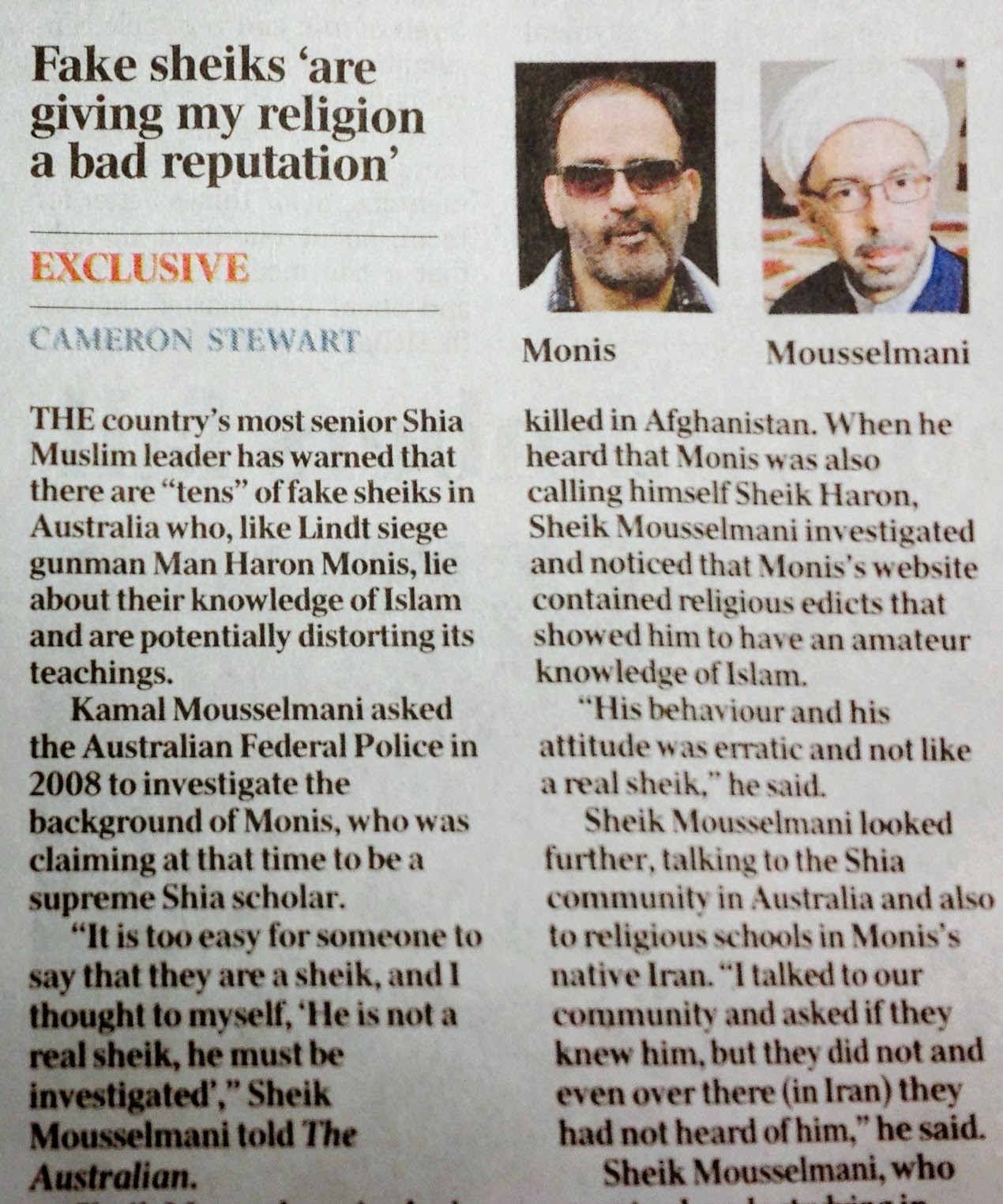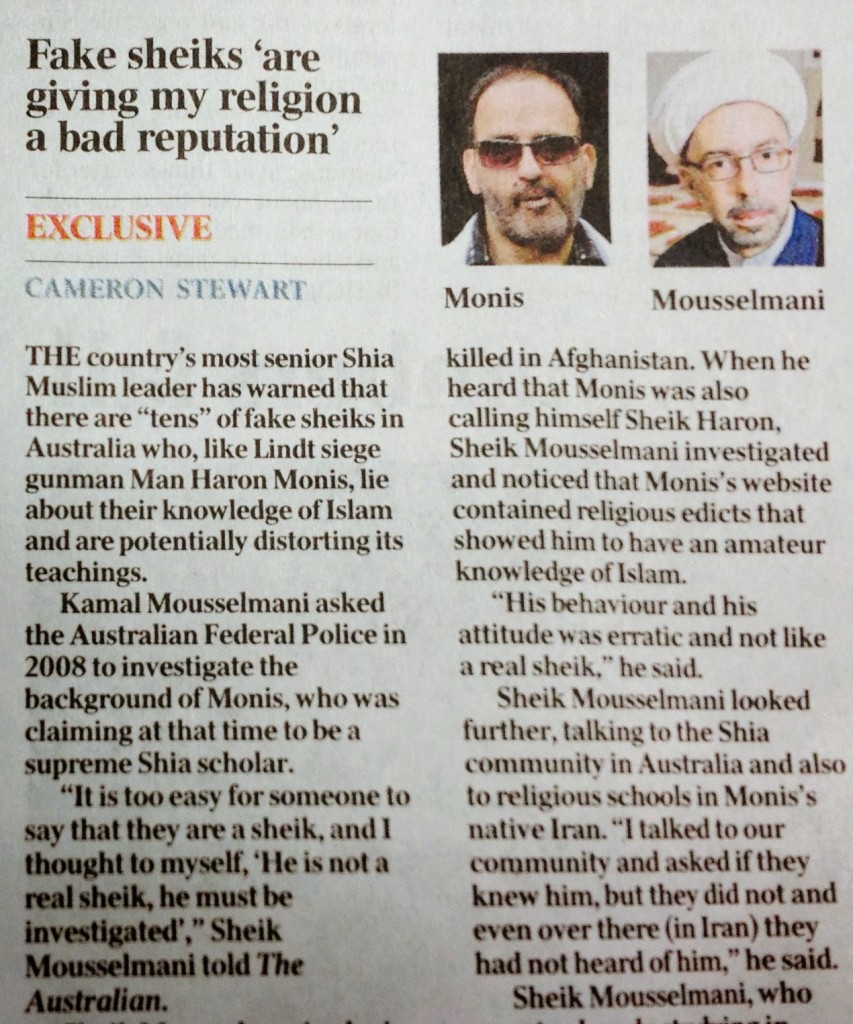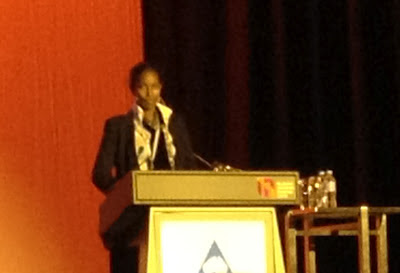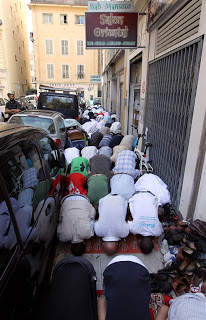A family member has sent this rather long and well-circulated email.
Apparently the White House referred to Christmas Trees as Holiday Trees for the first time this year which prompted CBS presenter, Ben Stein, to present this piece which I would like to share with you. I think it applies just as much to many countries as it does to America .
The following was written by Ben Stein and recited by him on CBS Sunday Morning Commentary.
My confession:
I am a Jew, and every single one of my ancestors was Jewish. And it does not bother me even a little bit when people call those beautiful lit up, bejeweled trees, Christmas trees. I don’t feel threatened. I don’t feel discriminated against. That’s what they are, Christmas trees.
It doesn’t bother me a bit when people say, ‘Merry Christmas’ to me. I don’t think they are slighting me or getting ready to put me in a ghetto. In fact, I kind of like it. It shows that we are all brothers and sisters celebrating this happy time of year. It doesn’t bother me at all that there is a manger scene on display at a key intersection near my beach house in Malibu. If people want a creche, it’s just as fine with me as is the Menorah a few hundred yards away.
I don’t like getting pushed around for being a Jew, and I don’t think Christians like getting pushed around for being Christians. I think people who believe in God are sick and tired of getting pushed around, period. I have no idea where the concept came from, that America is an explicitly atheist country. I can’t find it in the Constitution and I don’t like it being shoved down my throat.
Or maybe I can put it another way: where did the idea come from that we should worship celebrities and we aren’t allowed to worship God ? I guess that’s a sign that I’m getting old, too. But there are a lot of us who are wondering where these celebrities came from and where the America we knew went to.
– – – – –
In light of the many jokes we send to one another for a laugh, this is a little different: This is not intended to be a joke; it’s not funny, it’s intended to get you thinking.
Billy Graham’s daughter was interviewed on the Early Show and Jane Clayson asked her ‘How could God let something like this happen?’ (regarding Hurricane Katrina).. Anne Graham gave an extremely profound and insightful response. She said, ‘I believe God is deeply saddened by this, just as we are, but for years we’ve been telling God to get out of our schools, to get out of our government and to get out of our lives. And being the gentleman He is, I believe He has calmly backed out. How can we expect God to give us His blessing and His protection if we demand He leave us alone?’
In light of recent events… terrorists attack, school shootings, etc. I think it started when Madeleine Murray O’Hare (she was murdered, her body found a few years ago) complained she didn’t want prayer in our schools, and we said OK. Then someone said you better not read the Bible in school. The Bible says thou shalt not kill; thou shalt not steal, and love your neighbor as yourself. And we said OK.
Then Dr. Benjamin Spock said we shouldn’t spank our children when they misbehave, because their little personalities would be warped and we might damage their self-esteem (Dr. Spock’s son committed suicide). We said an expert should know what he’s talking about. And we said okay.
Now we’re asking ourselves why our children have no conscience, why they don’t know right from wrong, and why it doesn’t bother them to kill strangers, their classmates, and themselves.
Probably, if we think about it long and hard enough, we can figure it out. I think it has a great deal to do with ‘WE REAP WHAT WE SOW.’
Funny how simple it is for people to trash God and then wonder why the world’s going to hell. Funny how we believe what the newspapers say, but question what the Bible says. Funny how you can send ‘jokes’ through e-mail and they spread like wildfire, but when you start sending messages regarding the Lord, people think twice about sharing. Funny how lewd, crude, vulgar and obscene articles pass freely through cyberspace, but public discussion of God is suppressed in the school and workplace.
Are you laughing yet?
Funny how we can be more worried about what other people think of us than what God thinks of us.
Pass it on if you think it has merit.
If not, then just discard it…. no one will know you did. But, if you discard this thought process, don’t sit back and complain about what bad shape the world is in.
My Best Regards, Honestly and respectfully,
Ben Stein
– – – – – – – – – – – – – – – – –
I sent this back:
As the atheist of the family, I thought I’d respond.
There seems to be some idea floating around that atheists hate Christmas and want to stop it. Well, that’s just silly. I love Christmas! In fact, for the last ten years, I’ve been in a choir that puts on a big Christmas show. (Some of the other singers are atheists, and they like Christmas too.) I’ve got most of Handel’s Messiah memorised, and when we do “Angels We Have Heard on High”, I can belt out a lusty “Glo-ria” with the best of them. I don’t believe the story, but I keep singing at Christmas because I like the music. I like the lights, and the food, and being with family, just like everyone does.
What I don’t like, however, is compulsory worship. Christians like their religion, and that’s fine. But I don’t like how some Christians have decided that schools are the place where they want this part of the culture war to play out. I hope nobody I’m writing to thinks this, but maybe someone thinks that prayer in school is a pretty good idea. So here’s a thought experiment.
Imagine your school district announced that, starting tomorrow, everyone was going to have Muslim prayers to Allah. If you’re thinking, “Gee, I don’t know if I’d feel very comfortable with that,” well, that’s about how an atheist feels. And that’s not just because atheists don’t want to have prayers to Allah in school (although that’s true). It’s also because we think public schools ought to be neutral on the subject of religion. That way, the children of Muslims, Christians, Hindus, Zoroastrians, Wiccans, Mormons, and (yes) atheists all get a level playing field. No one’s religion is promoted at the expense of anyone else’s. Sounds fair to me. And by doing it that way, schools are obeying the Constitution, which is the law of the land.
If people (including Ben Stein) are concerned that there isn’t enough religion in society, then I have some good news: there are already buildings for teaching religion, and they’re called churches. They’re very nice, they’re already built, and you can choose exactly which kind you like. (And they’re tax-free, because tax-payers are compelled to pick up the financial burden for churches, even wealthy ones, whether they want to or not.) Worshipping at home is also a very good option.
I don’t know if I really needed to write this. I actually think that most Christians are smarter and more fair-minded than the person who wrote the latter half of the email (and it wasn’t Ben Stein). The idea that God is going to allow the nation to be smitten with horrible disasters unless enough non-believers are compelled to grovel before him against their will is, fortunately, not an idea that I have seen too many Christians get behind. But here it is, just in case.
Comments welcome.
Love,
Daniel









Recent Comments